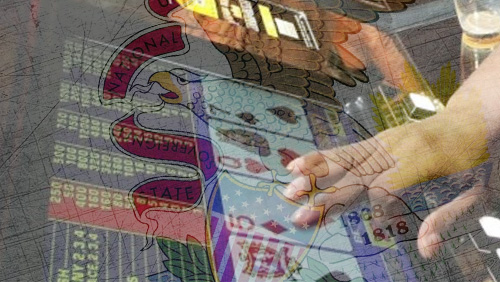A group of in-state gambling establishments has asked a county court to strike down Illinois’ Video Gaming Act for unfairly favoring owners of video gaming terminals.
 The Courthouse News reported that Dotty’s Café, Stella’s Place and Shelby’s – video gaming cafes that collectively operate over 100 strip mall locations in 21 counties in the state – sued the Illinois Gaming Board to challenge rules that require them to split profits with the companies that operate the gambling machines.
The Courthouse News reported that Dotty’s Café, Stella’s Place and Shelby’s – video gaming cafes that collectively operate over 100 strip mall locations in 21 counties in the state – sued the Illinois Gaming Board to challenge rules that require them to split profits with the companies that operate the gambling machines.
They claim that two provisions of the Act are unconstitutional since the law not only forces locations and operators into separate businesses, but also forces them into profit-splitting joint ventures, stipulating who pays for what and who gets what percentage of profits.
“Video gaming has been a success in Illinois. Its success and popularity conceal a lost opportunity, however, because the Video Gaming Act places a disincentive on local establishments to improve their consumers’ video gaming experience,” argued the gambling establishments, which are represented by Dan K. Webb of Winston & Strawn LLP in Chicago, said.
Under the current set-up, a mandatory 50 percent of after-tax profits from each machine goes to the terminal operator. A board policy dictates the amount of marketing and advertising costs that operators have to pitch in.
The petitioners, however, pointed out that the Illinois regulator does not have the authority to determine how profits and costs are split between two independent businesses.
They added that declaring the act unconstitutional “will permit the participants of the video gaming industry to freely negotiate, contract and compete.”
“The act arbitrarily forces two statutorily separated parties – licensed locations and terminal operators – into contracts with each other; mandates that they split the profits of video gaming without taking into account their relative investments, expenses and efforts; and then forbids them from freely negotiating the terms of their legislatively imposed joint venture,” they said.
The Illinois Gaming Board, for its part, declined to make a comment on the lawsuit.